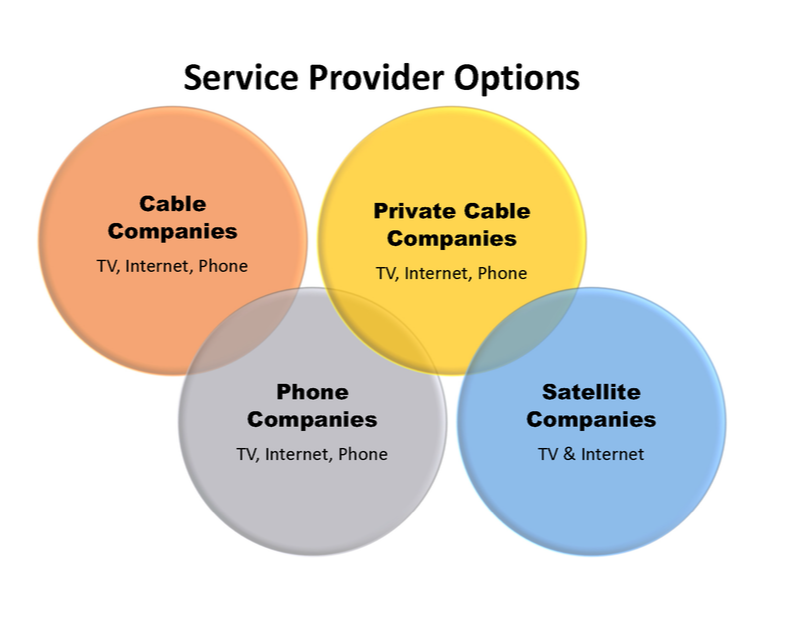Optimizing Cloud-based Asset Management Strategies for Improved Efficiency in Multi-Dwelling Residences
Optimizing Cloud-based Asset Management Strategies for Improved Efficiency in Multi-Dwelling Residences
Blog Article
Within today's world, numerous individuals reside in multi-unit buildings, such as apartment buildings and condominiums. These buildings frequently share resources such as electricity, water, and broadband services. Overseeing these utilities effectively is essential for both the ecosystem and the tenants' well-being. Digital resource administration approaches can help enhance the effectiveness of such shared utilities. Through utilizing tech and data analytics, building managers can streamline the way resources are used, leading to cost reductions and a superior residential environment for all.
One effective strategy for managing utilities in multi-unit units is the use of smart measurement devices. Intelligent measurement devices provide real-time data on power and H2O consumption. This information allows building administrators to detect patterns and patterns in utility consumption. For instance, if a particular apartment consumes significantly greater water than its neighbors, the administrator can examine possible drips or encourage the resident to embrace additional water-efficient habits. By tackling these concerns promptly, managers can reduce loss and lower service expenses for all residents.
Another important aspect of digital utility management is the implementation of energy-efficient technologies. Many multi-unit buildings can gain from eco-friendly lighting, heating, and air conditioning systems. These solutions not only lower energy use but also lower service costs. Building administrators can use cloud-based platforms to monitor the efficiency of these technologies and implement adjustments as required. For example, if a heating unit is not functioning effectively, the manager can arrange maintenance or improvements to guarantee optimal performance.
Alongside intelligent meters and eco-friendly technologies, digital utility management can improve interaction between property administrators and tenants. A cloud-based system can offer residents with visibility to their service usage information, enabling them to track their consumption. This openness encourages residents to be increasingly mindful of their resource consumption. Furthermore, property administrators can distribute notifications about service timing, energy-saving tips, or neighborhood activities through the platform. Enhanced interaction fosters a feeling of togetherness and encourages residents to engage in resource-saving initiatives.
Finally, adopting cloud resource management strategies can lead to helpful resources a more eco-friendly residential space. By enhancing utility consumption, multi-unit buildings can considerably lower their environmental impact. This is crucial not just for the tenants but also for the environment. As more an increasing number of individuals grow conscious of ecological concerns, they are prone to value residing in a structure that focuses on eco-friendliness. Building administrators who adopt such approaches can draw in eco-conscious aware tenants, enhancing the building's reputation and potentially boosting its worth. In conclusion, efficient digital utility administration is essential for creating efficient, comfortable, and sustainable living spaces in multi-dwelling units.